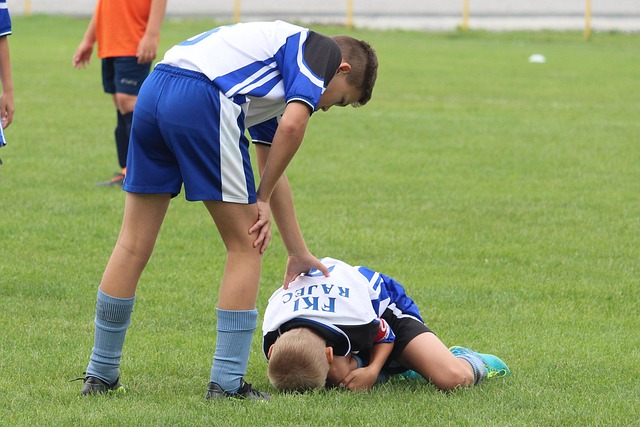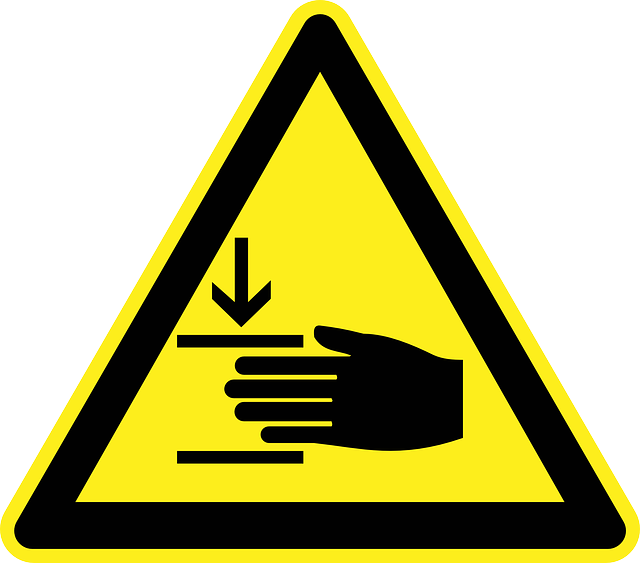Dog bite victims face physical and emotional damages often overlooked in insurance claims. A systematic approach includes seeking medical attention, reporting to authorities, documenting evidence, and filing a claim. Legal counsel specializing in dog bite cases is crucial for navigating complex psychological effects and securing compensation for both physical and emotional trauma related to dog bite insurance claims.
Emotional damages in a dog bite insurance claim can significantly impact victims beyond physical injuries. This comprehensive guide explores how emotional trauma, often overlooked, plays a crucial role in the process of filing a successful dog bite insurance claim. We break down the intricate steps involved, from understanding your rights to accessing legal support for mitigating emotional trauma. By shedding light on these aspects, we aim to empower owners and ensure fair compensation during what can be a distressing experience.
- Understanding Emotional Damages in Dog Bite Claims
- The Insurance Claim Process: Step-by-Step Guide
- Mitigating Emotional Trauma: Legal Recourse and Support
Understanding Emotional Damages in Dog Bite Claims

Emotional damages play a significant role in dog bite insurance claim processes, often overlooked yet equally important as physical injuries. When a person is bitten by a dog, the impact extends beyond visible scars or property damage claims. The psychological effects, such as fear, anxiety, and post-traumatic stress, can be profound and long-lasting. These emotions can affect daily life, relationships, and overall mental well-being.
In the context of dog bite insurance claims, understanding emotional damages is crucial. While physical injuries are readily apparent, emotional trauma often requires specialized assessment and documentation. Legal representation from experienced attorneys specializing in personal injury, including defective product injury cases, can help victims navigate this complex process. They ensure that all aspects of psychological harm are considered, providing the necessary support to seek fair compensation for both physical and emotional damages.
The Insurance Claim Process: Step-by-Step Guide

When filing a dog bite insurance claim, understanding the process is crucial. Here’s a step-by-step guide to help navigate this journey:
1. Seek Medical Attention: The first and most important step after a dog bite is to ensure proper medical treatment. This not only facilitates healing but also serves as official record of the incident, which is vital for insurance claims.
2. Report the Incident: Inform your local authorities about the dog bite. While this might seem unnecessary, it creates an official report that can be useful during the claim process. Additionally, document the details of the incident—date, time, location, and a detailed description of the injuries sustained.
3. Notify Your Insurance Provider: Contact your insurance company as soon as possible to inform them about the dog bite incident. Provide them with all relevant information, including the details of the animal and its owner if known. Be sure to mention any medical treatments or expenses incurred.
4. Gather Evidence: Collect evidence that supports your claim, such as medical bills, photographs of injuries, police reports, and witness statements (if applicable). These documents will be essential in substantiating your claim.
5. File a Claim: Fill out the claim form provided by your insurance company accurately and completely. Attach all gathered evidence to support your claim. Keep copies of all documentation for your records.
6. Stay Informed: Your insurance company will communicate with you throughout the process. Stay in touch, respond promptly to any requests for additional information, and cooperate fully.
Mitigating Emotional Trauma: Legal Recourse and Support

After a dog bite incident, the physical injuries are often only part of the picture; emotional trauma can be just as significant and long-lasting. In the context of a dog bite insurance claim, mitigating this emotional damage is crucial. Legal recourse plays a vital role in ensuring victims receive support for their psychological well-being. If the dog owner or insurer fails to uphold their fiduciary duty breaches, such as denying liability or refusing adequate compensation, individuals may seek legal counsel from a qualified truck accident attorney.
A skilled attorney can help navigate the complexities of a personal injury case, advocating for victims’ rights and securing just compensation that includes both physical and emotional damages. This support system is essential to help clients heal and move forward after such traumatic events, ensuring they are not left to suffer in silence or bear the brunt of financial burdens caused by the negligence of others.
When pursuing a dog bite insurance claim, it’s crucial to recognize that emotional damages can significantly impact victims. By understanding these damages, navigating the claims process effectively, and seeking appropriate legal support, individuals affected by such incidents can mitigate their trauma and ensure they receive fair compensation. This comprehensive guide has outlined key steps to help navigate the dog bite insurance claim journey with confidence and resilience.






